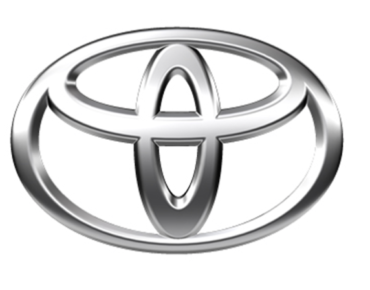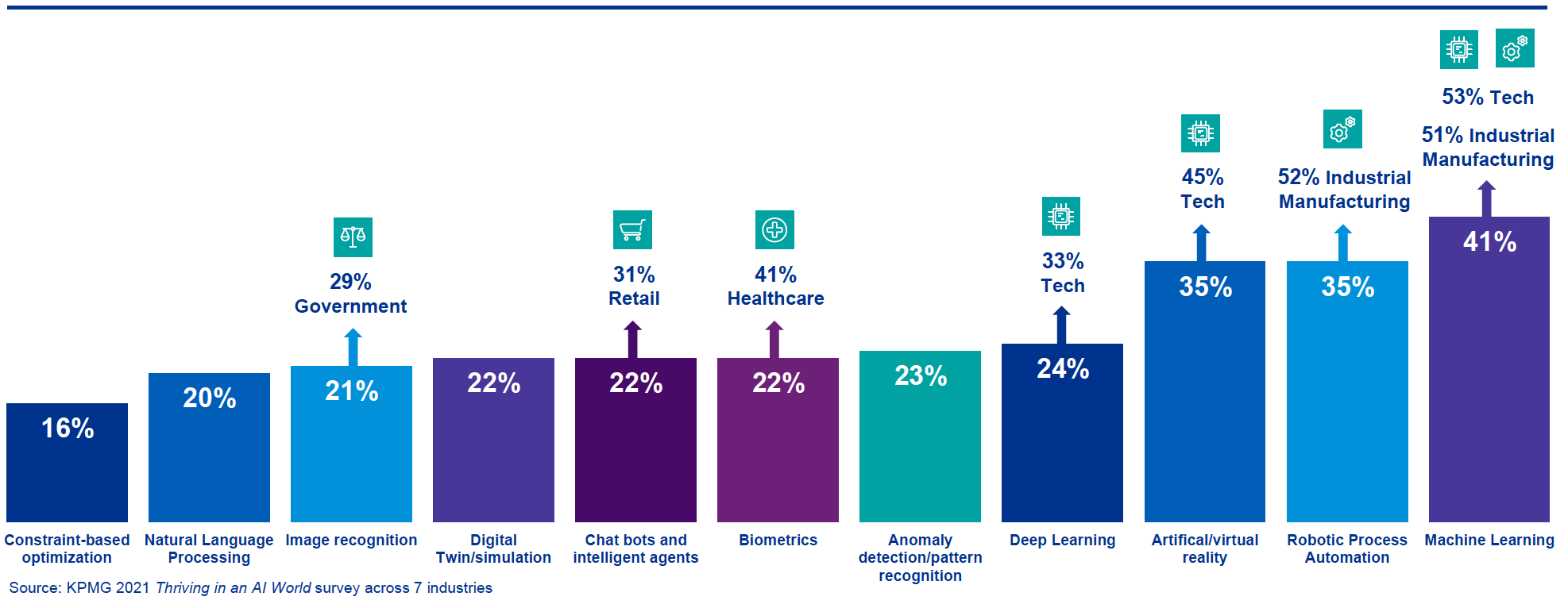Toyota Investment Fund Driving New Investments in AI-based Robotics

One of the world’s largest car makers is mapping out an AI strategy that extends beyond autonomous vehicles to include industrial robots critical to manufacturing as well as automation infrastructure efforts related to smart cities.
Toyota AI Ventures, which launched in 2017, is now looking to fund innovative startups working on AI-based systems ranging from spatial intelligence for robots to navigating autonomous vehicles through crowded city centers.
Toyota (NYSE: TM), a pioneer in automated manufacturing, wants to use the venture capital fund to promote development of robots able to adjust to new assembly tasks on the fly while streamlining manufacturing workflows. One way is by imbuing robots with situational awareness to avoid collisions on the factory floor. Those computer vision applications are similar to collision avoidance systems in self-driving vehicles.
“If you look at cloud computing, for example, and cloud robotics, and fleet learning, when one robot learns something, the rest of the robots automatically learn that thing,” Jim Adler, the founding managing director of the Toyota AI Fund, told Reuters in early March.
Since its launch, the Toyota initiative has invested in more than 36 early-stage startups, according to Reuters. Funding requirements for potential investments include a working prototype, a viable business model and less than $3 million in working capital. Along with AI-based robotics and autonomy, the $200 million Toyota fund focuses on cloud computing, data analytics and mobility. Those efforts are also centered on developing AI-based applications for smart and connected cities. “More than half of the world’s population lives in urban areas,” Adler notes in a website video. “That trend is only going to continue.”
Among its first investments was Realtime Robotics, a startup developing a “motion planning” platform that would allow manufacturing robots to make real-time adjustments for avoiding collisions in “unstructured” industrial settings. Among the goals is leveraging machine learning to reduce the amount of time and cost associated with reprogramming robots to accomplish different assembly-line tasks. The Boston-based startup’s proprietary technology moves beyond rigid, single-task programming to update motion planning in real time to avoid factory-floor mishaps. As with other industrial robotics startups, Realtime Robotics’ platform also aims to improve the interface between robots and human operators.
Another early application is an autonomous driving platform that could be scaled to function in different cities. Toyota-funded Nauto is developing AI software that analyzes video to improve fleet safety. The startup promotes its approach as a steppingstone to full autonomy.
As with similar autonomous driving systems, Nuato’s windshield-mounted vision system scans for pedestrians and obstacles. Noting that a majority of auto accidents are caused by driver distraction, the AI system also tracks drivers and rig operators to ensure eyes are on the road, not their mobile phones.
Toyota’s focus on manufacturing and other tech startups reflects growing adoption of AI on the factory floor. According to an AI survey released this week by KPMG Research, industrial manufacturers remain bullish on AI adoption, with 93 percent saying AI is at least moderately functional in their operations.
The market researcher said its findings are based on responses from about 950 full-time business and IT managers at companies with more than $1 billion in annual revenues and at least moderate AI experience. The responses were spread over seven industries, with about 150 respondents per industry sector.
Brisk industrial adoption of AI technologies also has a downside, KPMG found. More than half of manufacturers surveyed are worried about haste. “AI adoption skyrocketing as a result of the pandemic. But many say it’s moving too fast,” Traci Gusher, KPMG’s principal AI analyst noted in releasing the AI adoption study.
Not fast enough, perhaps, for aggressive investors such as Toyota that are looking to leverage AI to wring more productivity out of their automated manufacturing lines.
Related
George Leopold has written about science and technology for more than 30 years, focusing on electronics and aerospace technology. He previously served as executive editor of Electronic Engineering Times. Leopold is the author of "Calculated Risk: The Supersonic Life and Times of Gus Grissom" (Purdue University Press, 2016).











